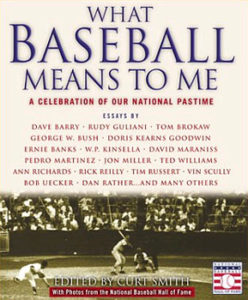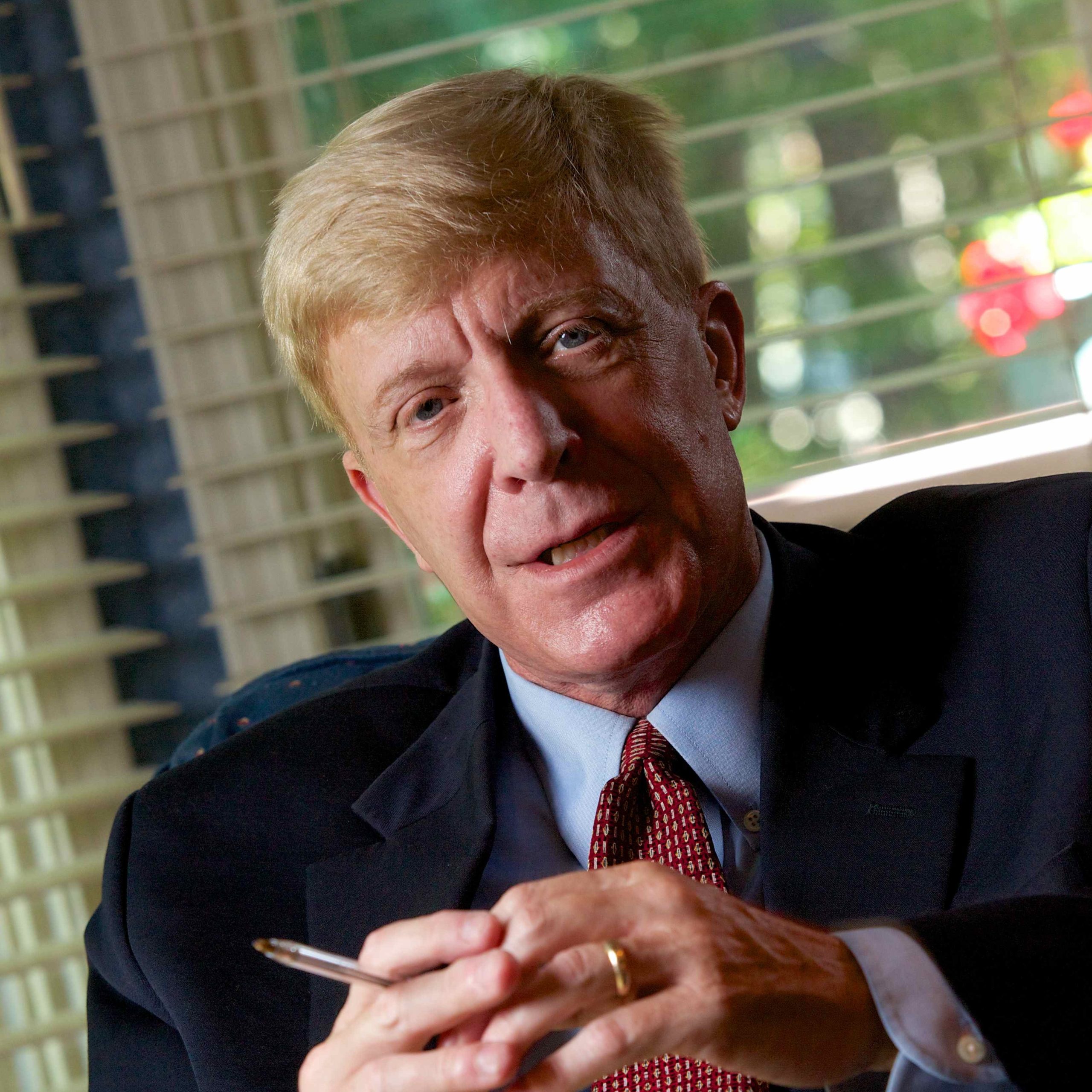What Baseball Means To Me
 What Baseball Means to Me (Warner Books, 2002, 270 pages) contains the largest group of household names to write about America’s oldest and greatest game. The official National Baseball Hall of Fame and Museum book boasts a nonpareil 172 essayists: U.S. presidents, actors, writers, and athletes, a businessman here, an ambassador there, becoming a book of the Month Club, Literary Guild, and History Book Club selection.
What Baseball Means to Me (Warner Books, 2002, 270 pages) contains the largest group of household names to write about America’s oldest and greatest game. The official National Baseball Hall of Fame and Museum book boasts a nonpareil 172 essayists: U.S. presidents, actors, writers, and athletes, a businessman here, an ambassador there, becoming a book of the Month Club, Literary Guild, and History Book Club selection.
When editor Curt Smith asked celebrities across America to reminisce about baseball, they replied as vividly as their first visit to a park. Rudolph Giuliani wrote of “Sitting next to my father. I felt like the luckiest kid in the world.” Tom Brokaw and Dan Rather touted long-gone Strutz Field and Buffalo Stadium, respectively. Jimmy Carter etched Game Seven of the 1992 National League playoff, his Braves waving a last-inning flag: “I can still hear the noise.”
What does baseball mean? To composer Marvin Hamlisch, it denoted a Yankees fantasy camp; actor David Birney, a poem to his son; writer David Maraniss, dad listening to Harvey Haddix’s 12-inning perfect game in 1959. To Charley Steiner, baseball gave running home new connotation. To Tim Russert, it meant Cal Ripken’s record 2,131st straight game. Doris Kearns Goodwin wrote: “It [baseball] is the most timeless of all sports.” This book shows why.
In What Baseball Means to Me, ablaze with more than 230 color and black and white photographs, chef Emeril Lagasse is eight again, reminiscing about his Red Sox. George W. Bush recalls Nolan Ryan. Patti LuPone recounts catch between her son and Buck O’Neil. George Will notes: “I write about politics, mostly to support my baseball habit.” Like baseball, the reader will find this book a habit hard to break.
